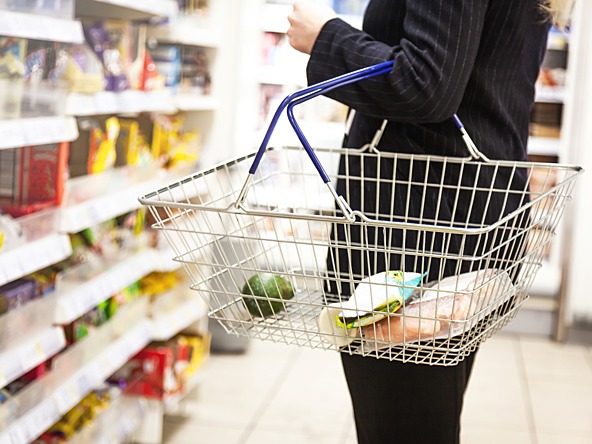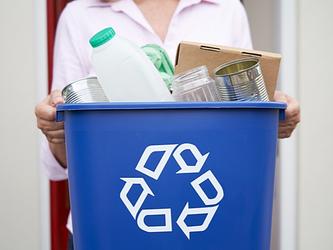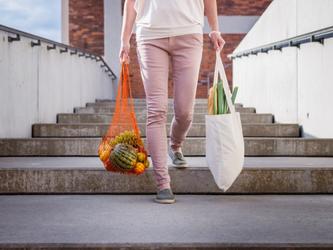Consumers ‘cannot afford’ to shop sustainably, finds Savanta

The research, part of Savanta’s Sustainability Segmentation 2022 report, found 31% of consumers could not afford the extra cost of sustainable products while 23% felt they needed more evidence that sustainable purchases were worth any additional investment.
These attitudes were consistent across all socio-economic demographics, including those with household incomes of more than £60,000 a year, Savanta said.
The findings are based on a nationally representative online survey of 5,005 UK adults aged 18 or over which was carried out between 11th April and 28th April 2022.
The research found that 58% of consumers see the cost-of-living crisis as one of the three biggest issues facing the UK, but sustainability was only cited by 20%.
Sustainability was also not cited as the most important purchase driver across groceries, lifestyle, energy supply, travel and transport, or money management.
For everyday travel, only 24% of respondents said carbon emissions were an important consideration, with 54% choosing cost.
Energy had a similar pattern, with 71% saying cost was an important factor compared with 35% saying having green energy was vital, albeit 55% said they were on a green energy tariff.
The research found 35% of consumers almost always buy organic, free-range or sustainably sourced food, with 64% of respondents citing cost as a key factor in food purchases.
Three in ten consumers said buying from a brand that is ethical or has a positive impact is important, and Fairtrade and sustainability certifications were viewed as essential by 28% and 27% of respondents respectively.
Nick Baker, chief research officer at Savanta, said: “Rising inflation is forcing UK shoppers to re-evaluate their purchases, and the perceived premium on buying sustainable goods and services means they’re less likely to be picked up from the shelf.
“It’s critical that the great leaps in sustainability seen in recent years aren’t lost as brands try to keep prices down.
“The ‘sweet spot’ is where sustainability and low prices meet – in areas such as domestic energy efficiency, for example. Brands that can show how being more sustainable will also keep costs down are likely to do very well in the coming months.”

We hope you enjoyed this article.
Research Live is published by MRS.
The Market Research Society (MRS) exists to promote and protect the research sector, showcasing how research delivers impact for businesses and government.
Members of MRS enjoy many benefits including tailoured policy guidance, discounts on training and conferences, and access to member-only content.
For example, there's an archive of winning case studies from over a decade of MRS Awards.
Find out more about the benefits of joining MRS here.













0 Comments